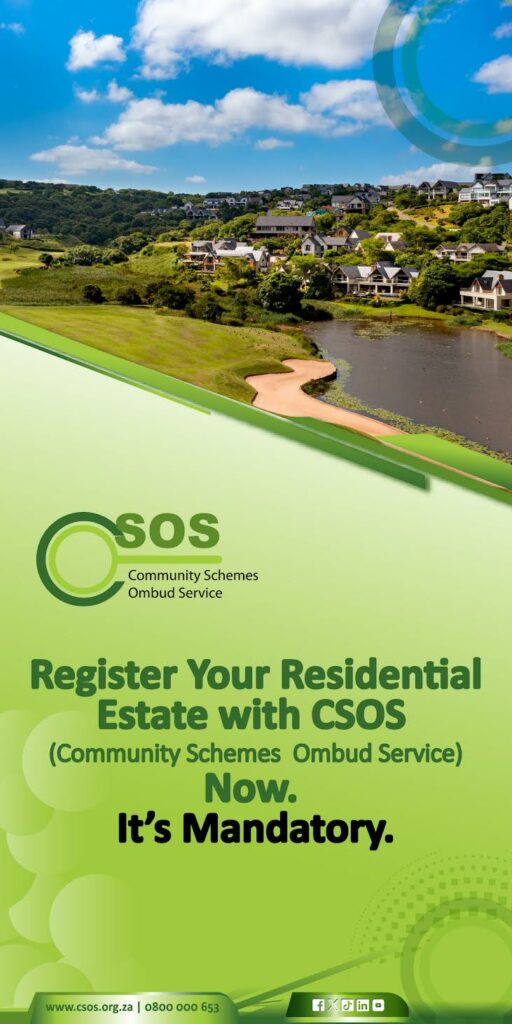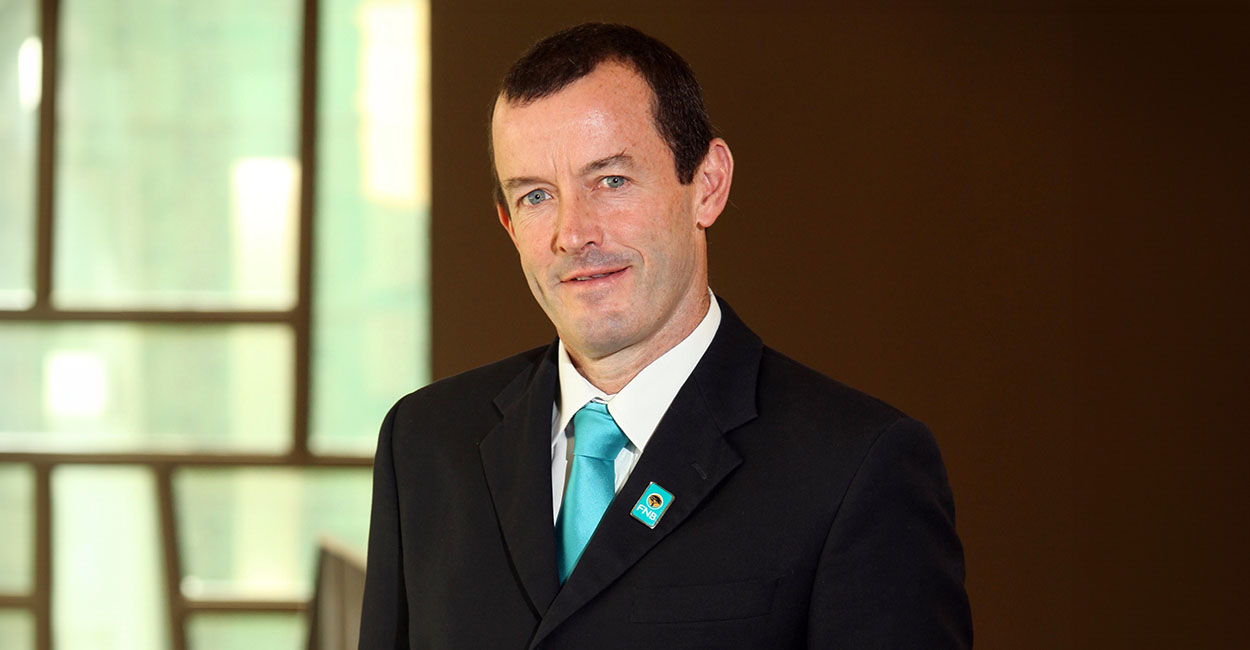MAIN IMAGE: Mireille Wenger, Provincial Minister of Finance and Economic Opportunities; Max Urban, co-founder, MD at Propr
Staff Writer
Property practitioners operating in the rental sector of the industry should take cognisance of the possibilities presented by short-term rentals for remote workers from outside the country’s borders who could obtain special Visas.
There are currently 49 nations across the world which offer remote working visas. Although this is not an option offered in South Africa yet, the City of Cape Town is leading the way having been highlighted as one of the 20 global hotspot destinations for remote workers. Additionally, the city has entered a partnership with Airbnb to attract digital nomads to South African shores.
Mireille Wenger, Provincial Minister of Finance and Economic Opportunities this week welcomed the confirmation by the provincial Director-General of the Department of Home Affairs, L.T. Makhode, that a report containing recommendations on the adoption of a start-up and remote work Visa, has been completed.
“As an Operation Vulindlela priority, the report has been finalised and submitted to the Department of Home Affairs. While this is a positive development which we welcome, it is a growing concern that the process is taking as long as it is.
“Other destinations have moved with pace to introduce this job-creating Visa, including Namibia, and already they are benefiting from this being in place. There is no need to wait another year for a measure that would be hugely beneficial to the South African economy,” she said.
This proposal sets out recommendations that would enable the introduction of this Visa within the existing legal framework, through amendments to Immigration Act 13 of 2002 regulations – without needing to amend the Immigration Act, which is a lengthy process.
The reality is that the longer South Africa waits to introduce this Visa, the more South Africa will lose out on the clear digital nomad trend as well as the economic spin-offs from those who already have jobs elsewhere in the world and who are simply looking to enjoy their work from our beautiful country.
Commenting on this, Max Urban, co-founder, and Managing Director at Propr, a short-term rental management company, says that the remote work trend is mostly drawn to South Africa’s coastal regions. “Digital nomads are looking for lifestyle improvements and coastal areas typically provide those benefits.”
Urban points out that implementing a remote working visa should be a no-brainer for national Government.
“Initially, questions were raised around travellers’ tax residency status, but those have been addressed. There is a window of opportunity which will become less lucrative the longer South Africa waits. If other countries move first and offer an easy solution, then a large piece of the nomad market will be snapped up.
“The partnership agreement with the City and Airbnb will include a dedicated custom-built Airbnb hub for Cape Town that will showcase top local listings and information relating to entry requirements and visa policies. This means that once the remote worker visa is approved by national government, we will be able to support these travellers and ensure they have a great experience.”
With Propr already seeing evidence of more bookings being placed by the digital nomad cohort, this is especially pertinent. The average length of stay has increased, compared to the pre-Covid era. However, it is important to note that there are many nomads who switch Airbnbs more than once a month, which means that quite a few of the shorter stays are still remote workers, but it is hard to quantify the exact number.
This is reflected by a survey conducted by Lonely Planet and freelance site Fiverr which found that a third of digital nomads prefer to move on every one to three months. Yet 55%, the so-called “slomads”, said they liked to stay somewhere for at least three months at a time.
For South African short-term rental owners to take advantage of this growing opportunity, Urban highlights five ways that they can increase their chance to capitalise on this group:
- Have high speed, reliable, uncapped Wi-Fi: Although this should be the norm for all Airbnbs, it is even more essential for those wishing to attract digital nomads. Short-term rental owners have no choice but to offer travellers the best so that they can work as effectively as they would in their home country.
- Ensure the property is loadshedding proof or resistant. If your apartment is on a grid that doesn’t experience loadshedding make a big deal out of the fact that it is unaffected. If you do have loadshedding, make sure you minimise the impact by providing a UPS/inverter device to keep the internet going and provide a few emergency lamps.
- Set-up a dedicated, laptop friendly workspace with good lighting
- Offer convenience services like additional cleaning and stocking of fridges. Digital nomads are looking for lifestyle upgrades and hotel level amenities, so short-term rental owners should be making their stay as comfortable as possible to attract their business.
- If the listing is close to co-working spaces or has any other amenities that remote workers would enjoy, then highlight that in the description.
He says that considering the limited number of economic growth opportunities in SA, it is vital that Government plays its part and make it as easy as possible for all tourists – not just digital nomads – to enter the country.
“This is crucial as South Africa undoubtedly lost billions because of contradictory visa requirements relating to unabridged birth certificates and the shortening of visas to three months. By making entry into the country a simpler exercise for all travellers, it will allow us to undo some of the damage that has been done,” Urban concludes.








